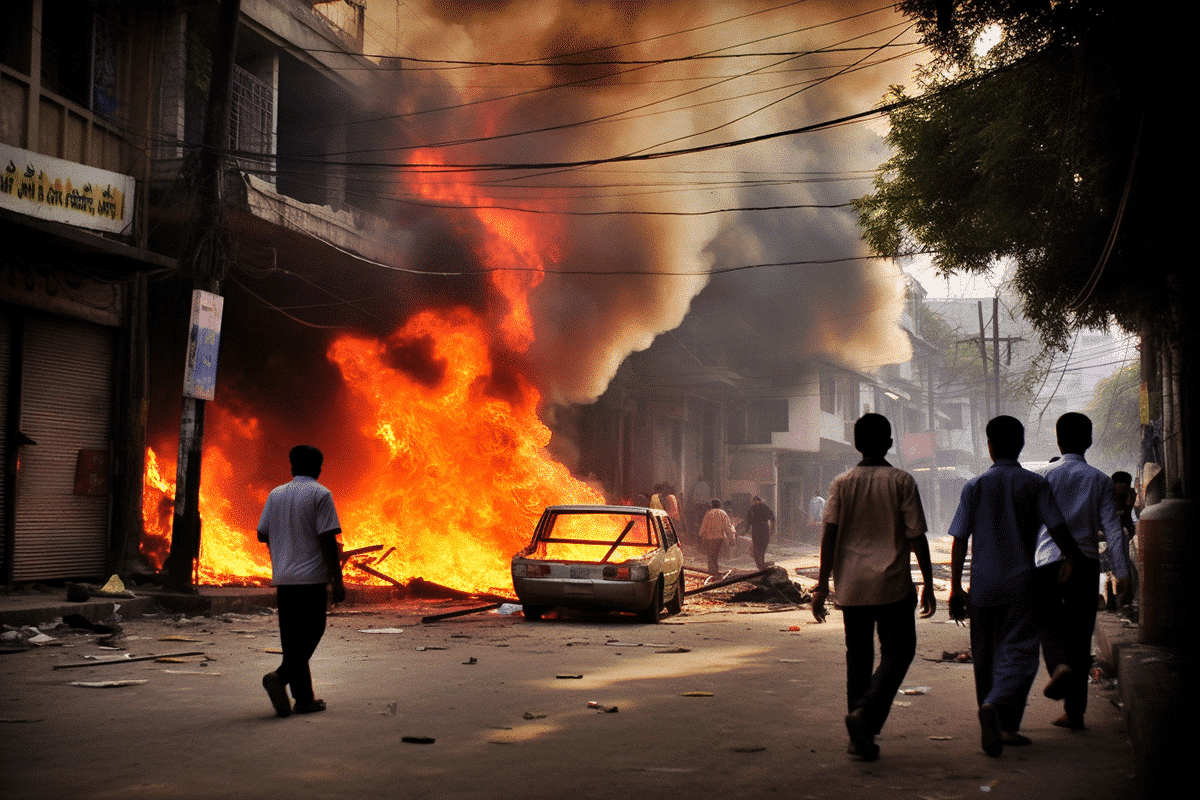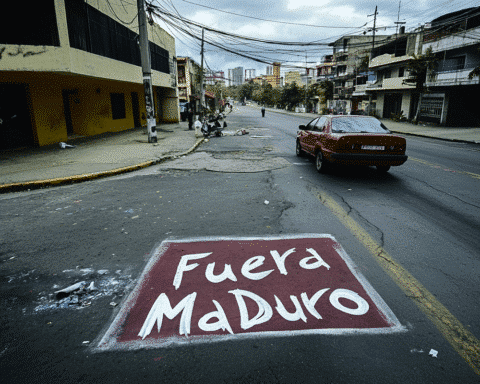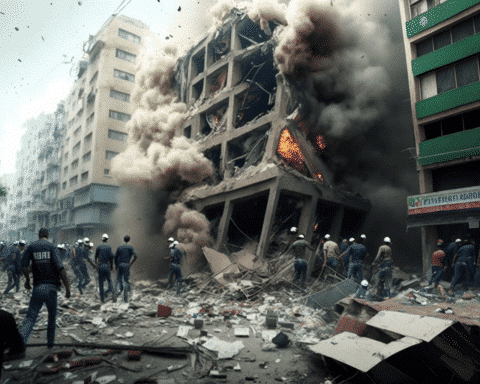Bangladesh has plunged into political turmoil as Prime Minister Sheikh Hasina resigned and fled the country following weeks of escalating protests against a government job quota system. The protests, initially peaceful, descended into widespread violence, marking a significant challenge to Hasina’s 15-year rule.
The unrest began with students demanding the abolition of a quota system that they argued favored individuals connected to Hasina’s Awami League party. The demonstrations rapidly grew into a broader movement against Hasina’s administration, culminating in thousands of protesters storming her official residence and other properties associated with her family and party.
The resignation of Hasina, the longest-serving female head of government, threatens to create further instability in Bangladesh, a nation already grappling with high unemployment, corruption, and climate change issues. In response to the escalating security concerns, Dhaka’s main airport suspended operations, adding to the chaos in the capital.
As Hasina was observed boarding a military helicopter with her sister, the country’s military chief, Gen. Waker-uz-Zaman, reassured the nation that order would be restored. He met with opposition politicians and civil society leaders, seeking the president’s guidance on forming an interim government. Despite these reassurances, the turmoil continued with protesters looting Hasina’s official residence, taking furniture and even raw fish from refrigerators. Additionally, crowds ransacked Hasina’s ancestral home-turned-museum, the house of the country’s chief justice, and Hasina’s previous personal home in Dhaka, torching two major offices of the ruling party.
Amid the chaos, Hasina landed in a city in India on the border with Bangladesh, though her next destination remains uncertain. The initial protests against the quota system, which reserved up to 30% of government jobs for family members of veterans from Bangladesh’s war of independence against Pakistan, continued despite the Supreme Court ruling last month to drastically cut the quotas. The government’s attempt to suppress the protests with force resulted in nearly 300 deaths since mid-July.
In a particularly violent episode, at least 95 people, including 14 police officers, died in clashes in the capital on Sunday. The unrest led to over 11,000 arrests, the closure of schools and universities, and the imposition of a shoot-on-sight curfew. Authorities also shut off mobile internet on Sunday and briefly cut broadband internet on Monday, restoring it later in the day.
The protests evolved into a larger resistance movement, with demonstrators calling for a “non-cooperation” campaign. They urged citizens not to pay taxes or utility bills and to avoid work, significantly disrupting public transport and daily life in Dhaka and other cities. Despite Hasina’s offer to engage in dialogue with student leaders, their refusal and demand for her resignation intensified the crisis.
Hasina’s tenure saw her cultivating strong ties with powerful countries like India and China, but her relationships with the United States and other Western nations became strained due to concerns over human rights violations and press freedoms. Her opponents accused her of growing increasingly autocratic, blaming the unrest on her authoritarian policies. The crisis reached a peak despite the government’s pledges to investigate the deaths and punish those responsible for the violence.
The resignation of Sheikh Hasina and her subsequent departure mark a dramatic turn in Bangladeshi politics. As the nation awaits the formation of an interim government, the hope for stability rests on the ability of the military and political leaders to navigate this unprecedented challenge. The events underscore the deep-seated frustrations within Bangladesh, highlighting the urgent need for reforms to address corruption, unemployment, and ensure a more equitable distribution of opportunities.
As the situation unfolds, the world watches closely, recognizing that the resolution of this crisis will have significant implications for Bangladesh’s future and its relations with neighboring countries and the international community.




